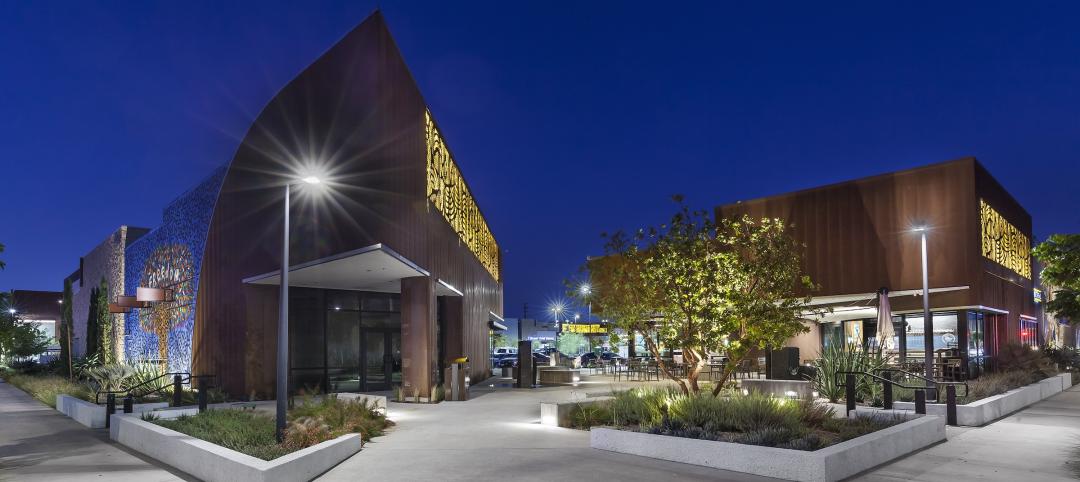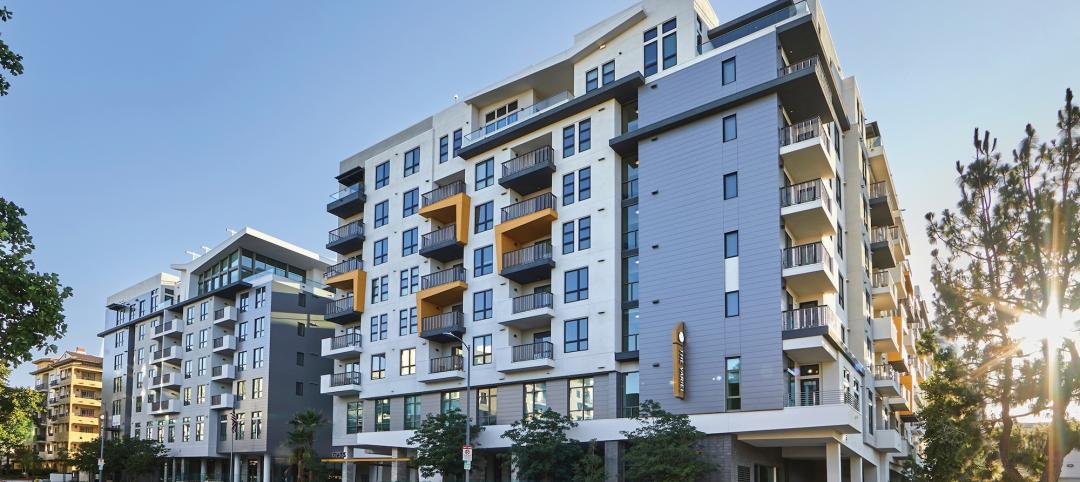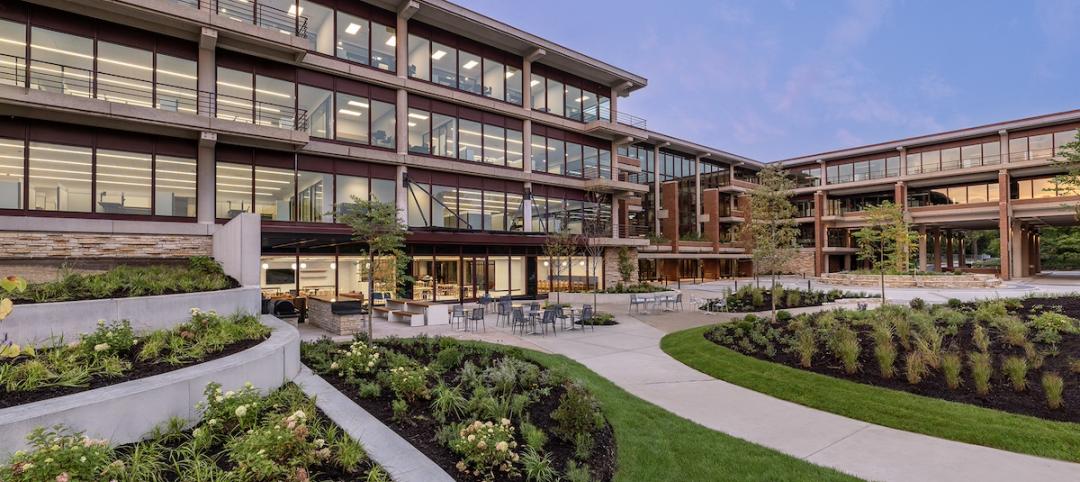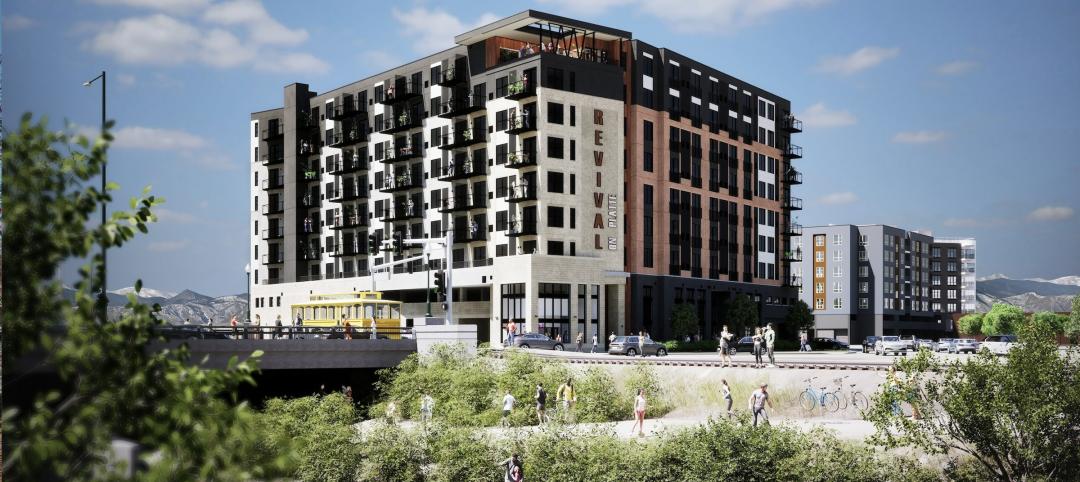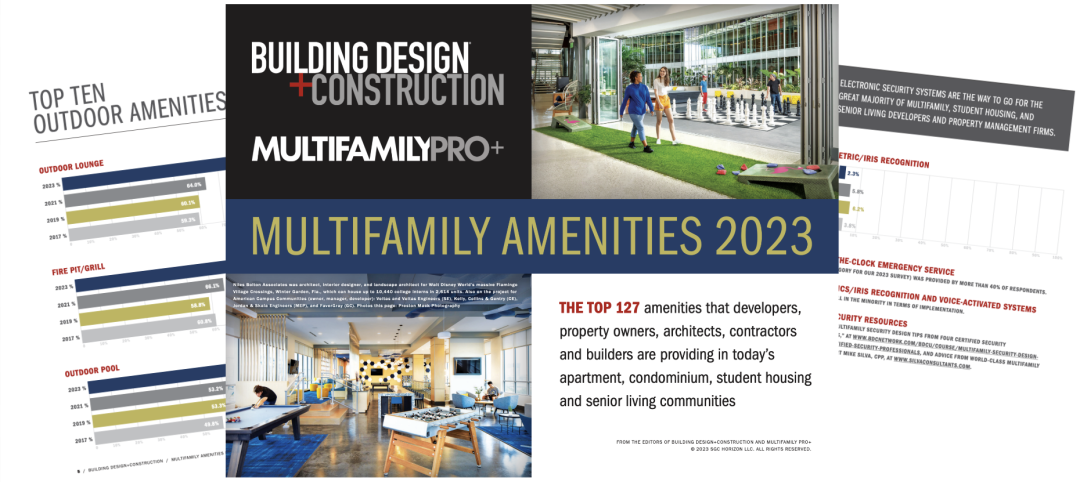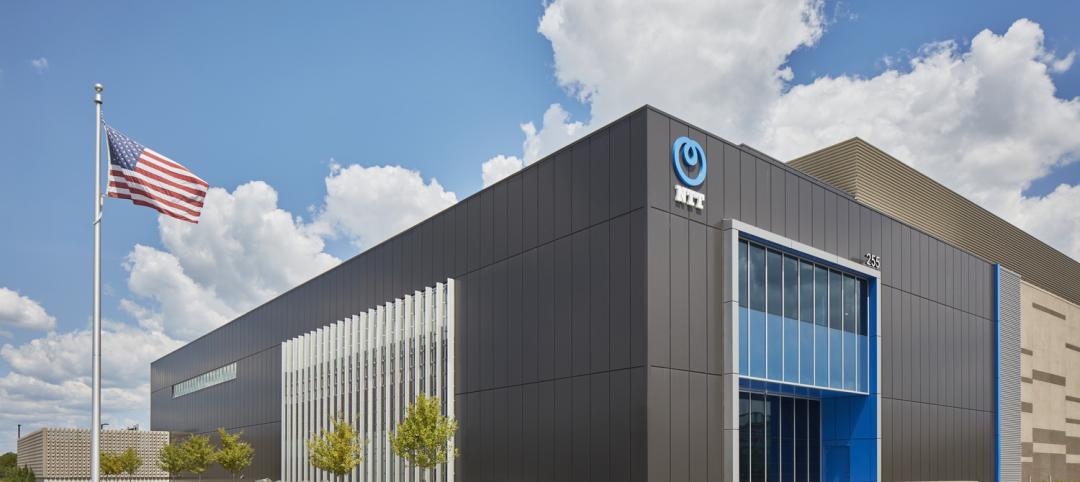CoreNet Global, a major international association for corporate real estate and workplace executives, has released a public policy statement advocating adoption of net-zero energy buildings: "We support the principle that smart and responsible energy policies and practices reduce corporate carbon footprints and greenhouse gas emissions, and we encourage our members' companies to drive energy efficiency to optimal levels with net-zero buildings as a top measure of long-term success."
The same statement calls on federal governments around the world to incentivize building owners, investors, and occupants who proactively reduce their carbon footprints through the use of green energy development and retrofits.
"Office, industrial, retail and other types of commercial real estate account for 40% of the world's annual energy consumption, making energy management and energy conservation socially responsible corporate practices," says CoreNet Global Chairman Jim Scannell, Senior Vice President of Administrative Services at The Travelers Companies, Inc.
The statement emphasizes "tangible benefits for companies and management teams which prioritize energy efficiency and take steps to reduce the carbon footprint. They will realize meaningful return on investment financially, socially and environmentally—as is consistent with the principles of the Triple Bottom Line accounting model."
CoreNet Global's Issues Advocacy Focus Group coordinated the wide-ranging statement based on extensive input from subject matter experts and the extensive, long-term documentation of best-in-class energy management practices from among its more than 7,900 members worldwide. It also marks the first time that corporate occupiers representing the demand side of the commercial real estate industry have spoken with a unified voice to advocate for public policy issues and corporate practices that impact business and society. In its 2012 Industry Leaders Opinion Poll, 90% of CRE executives who responded regard energy management as the most urgent issue facing the CRE industry.
"We're beginning to see the huge environmental, social and economic benefits that energy-independent facilities are offering," Scannell added.
A related finding from CoreNet Global's new Corporate Real Estate 2020 research initiative identifies one key enabler of the migration toward net-zero, predicting that buildings will become energy-producing "micro-grids" that can share electric power across public and private distribution networks.
Key action steps advocated for developers include articulating a clear and compelling vision for energy efficiency; working with energy suppliers and other pieces of the supply chain; and continuously measuring consumption and performance. Government programs advocated include tax deductions for energy-efficiency projects; a federal loan guarantee program for retrofits; state and local incentives that favor efficiency upgrades or retrofits; and updated building codes that reward companies for peak performance.
(http://bit.ly/UJe2Wb)
Related Stories
Shopping Centers | Mar 7, 2024
How shopping centers can foster strong community connections
In today's retail landscape, shopping centers are evolving beyond mere shopping destinations to become vibrant hubs of community life. Here are three strategies from Nadel Architecture + Planning for creating strong local connections.
Market Data | Mar 6, 2024
Nonresidential construction spending slips 0.4% in January
National nonresidential construction spending decreased 0.4% in January, according to an Associated Builders and Contractors analysis of data published today by the U.S. Census Bureau. On a seasonally adjusted annualized basis, nonresidential spending totaled $1.190 trillion.
MFPRO+ Special Reports | Mar 6, 2024
Top 10 trends in senior living facilities for 2024
The 65-and-over population is growing faster than any other age group. Architects, engineers, and contractors are coming up with creative senior housing solutions to better serve this burgeoning cohort.
Office Buildings | Mar 5, 2024
Former McDonald’s headquarters transformed into modern office building for Ace Hardware
In Oak Brook, Ill., about 15 miles west of downtown Chicago, McDonald’s former corporate headquarters has been transformed into a modern office building for its new tenant, Ace Hardware. Now for the first time, Ace Hardware can bring 1,700 employees from three facilities under one roof.
Green | Mar 5, 2024
New York City’s Green Economy Action Plan aims for building decarbonization
New York City’s recently revealed Green Economy Action Plan includes the goals of the decarbonization of buildings and developing a renewable energy system. The ambitious plan includes enabling low-carbon alternatives in the transportation sector and boosting green industries, aiming to create more than 12,000 green economy apprenticeships by 2040.
MFPRO+ News | Mar 1, 2024
Housing affordability, speed of construction are top of mind for multifamily architecture and construction firms
The 2023 Multifamily Giants get creative to solve the affordability crisis, while helping their developer clients build faster and more economically.
K-12 Schools | Feb 29, 2024
Average age of U.S. school buildings is just under 50 years
The average age of a main instructional school building in the United States is 49 years, according to a survey by the National Center for Education Statistics (NCES). About 38% of schools were built before 1970. Roughly half of the schools surveyed have undergone a major building renovation or addition.
MFPRO+ Research | Feb 28, 2024
New download: BD+C's 2023 Multifamily Amenities report
New research from Building Design+Construction and Multifamily Pro+ highlights the 127 top amenities that developers, property owners, architects, contractors, and builders are providing in today’s apartment, condominium, student housing, and senior living communities.
AEC Tech | Feb 28, 2024
How to harness LIDAR and BIM technology for precise building data, equipment needs
By following the Scan to Point Cloud + Point Cloud to BIM process, organizations can leverage the power of LIDAR and BIM technology at the same time. This optimizes the documentation of existing building conditions, functions, and equipment needs as a current condition and as a starting point for future physical plant expansion projects.
Data Centers | Feb 28, 2024
What’s next for data center design in 2024
Nuclear power, direct-to-chip liquid cooling, and data centers as learning destinations are among the emerging design trends in the data center sector, according to Scott Hays, Sector Leader, Sustainable Design, with HED.



